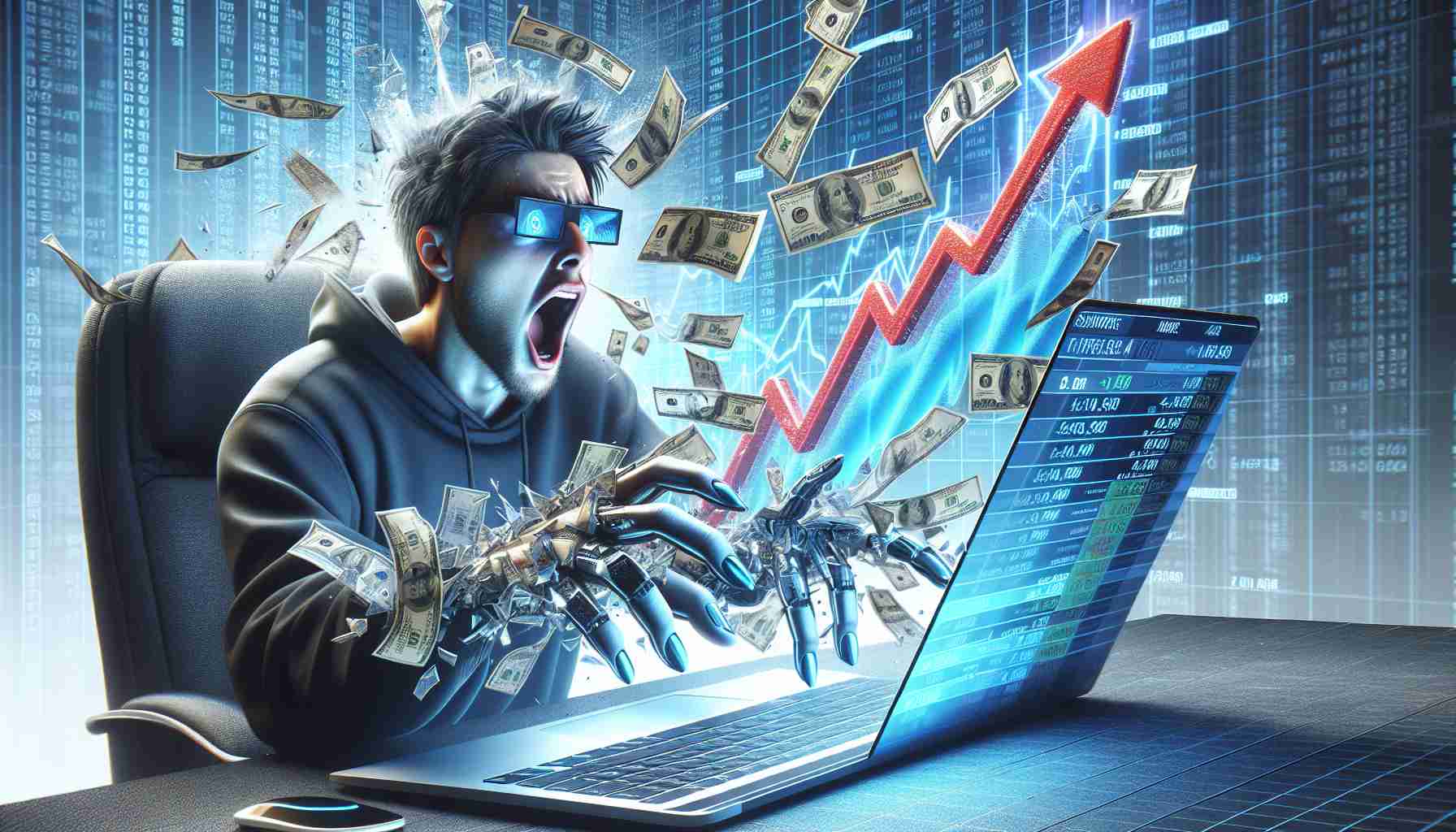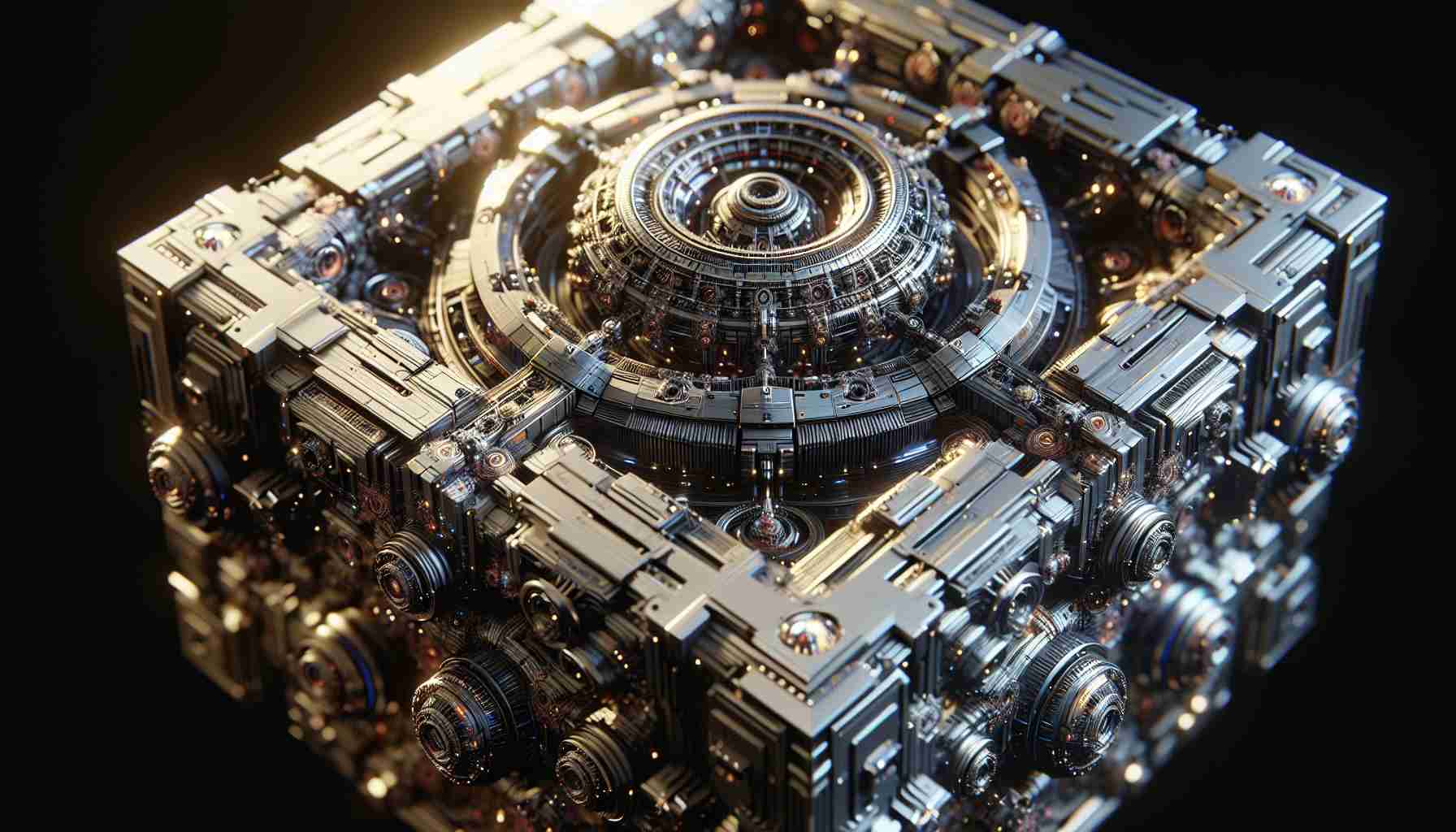Suhana Khan recently made headlines during her appearance at the premiere of her friend Ananya Panday’s film, “Call Me Bae.” As she was preparing to leave the event, she stumbled upon a fan who bore an uncanny resemblance to her father, the legendary Shah Rukh Khan. The enthusiastic admirer, eager for a photo, initially faced resistance from security personnel, who attempted to usher him away.
In a heartwarming moment, Suhana interjected, advocating for her admirer to have his photo taken. This gesture showcased her kindness and ability to connect with fans, making the encounter all the more special. Following this brief yet touching interaction, she departed from the venue, making her way into the night in her car.
The incident was recorded and quickly shared across various social media platforms, sparking a flurry of comments and discussions among fans. Many were charmed by the lookalike and the sweet nature of the exchange. During the premiere, Suhana also garnered attention for her fashion choice, opting for a chic floral maxi dress that complemented the festive atmosphere.
Notable figures from the film industry, including Kartik Aaryan, Sara Ali Khan, and Ibrahim Ali Khan, were present at the glamorous event, making it a star-studded affair. As the story of Suhana and her father’s doppelgänger continues to circulate, it highlights the enduring fascination with celebrity culture.
Suhana Khan’s encounter with a Shah Rukh Khan impersonator not only captured the hearts of fans but also reflected broader phenomena within celebrity culture. This incident illustrates how the public often idolizes celebrities and how connected they feel to their personas. Impersonators play a unique role in this culture, enabling fans to feel closer to their idols.
One important question raised by this scenario is: What drives the fascination with celebrity lookalikes? The fascination stems from a combination of admiration for the celebrities themselves, a desire for connection, and the entertainment value that mimicking a public figure provides. Impersonators can become celebrities in their own right, often garnering significant media attention and fanbases.
Key challenges associated with celebrity impersonation include issues related to copyright and trademark laws. While impersonators often celebrate the likeness, they can sometimes overstep boundaries regarding parody and commercial use, leading to potential legal disputes. Additionally, the mental health implications for impersonators can be complex; while they may enjoy fame and recognition, they can also face pressure to consistently perform and live up to the high expectations associated with their celebrity counterparts.
Advantages of such memorable moments include enhanced visibility for both the impersonators and the celebrities they resemble, fostering engagement within fan communities. These interactions can deepen the connection between fans and celebrities, promoting a sense of community and shared experience. Furthermore, they contribute to the media narrative surrounding celebrities, amplifying their presence in popular culture.
Disadvantages may include the risk of overshadowing the original celebrity or creating uncomfortable situations if impersonators misrepresent or misinterpret the celebrity’s personality. Also, it might lead to unrealistic expectations from fans who wish to recreate similar encounters or feel entitled to special treatment due to their admiration.
As an extension of this story, those interested in celebrity culture might find value in exploring how social media platforms have changed the landscape of fame and fan interactions. For more information on celebrity news and culture, you can visit Hollywood Reporter or TMZ.






















